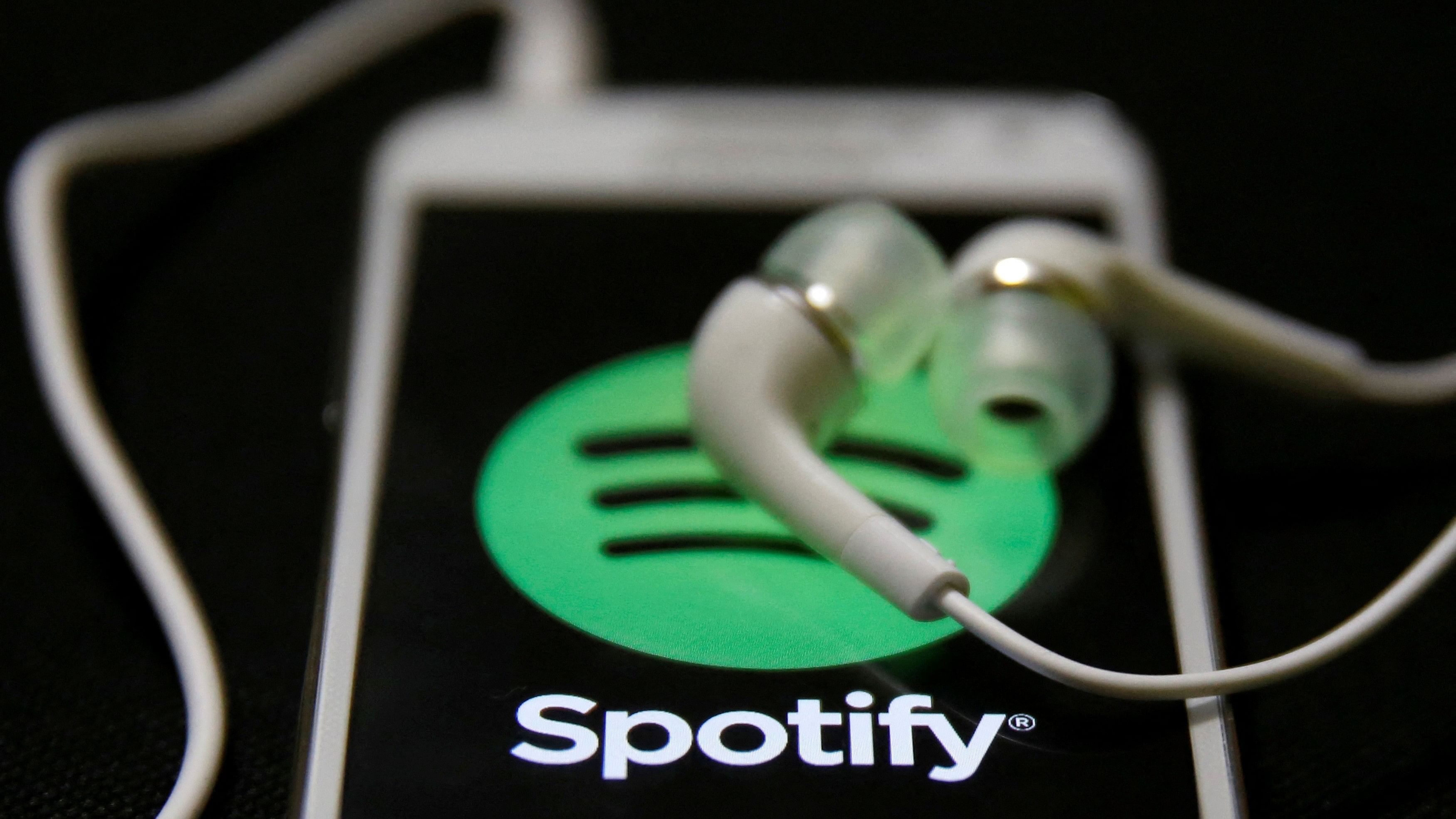
Earphones are seen on top of a smart phone with a Spotify logo on it.
Credit: Reuters Photo
Spotify, on Thursday, expanded its partnership with Google Cloud to use large language models (LLMs) to help identify a user's listening patterns across podcasts and audiobooks in order to suggest tailor-made recommendations.
Artificial intelligence-powered LLMs such as OpenAI's ChatGPT and Google Bard, are trained on a massive amount of data to generate text and other content.
Google Cloud, owned by Alphabet, has several LLMs such as PaLM 2, Codey, Imagen and Chirp that are trained on text, codes, images, audio and video.
Spotify has been an early adopter of AI, which it used for music recommendation algorithms a decade earlier. The Swedish company is now aiming to use LLMs to replicate that across its non-music content such as podcasts and audiobooks.
The music streaming giant has been looking to boost its earnings by increasing its slate of revenue-generating formats such as podcasts and audiobooks.
It had previously promised high-margin returns from its costly expansion into podcasts and audiobooks.
"The evolution of our technology has been matched by Google Cloud's commitment to building the best possible platform for our products to run on and driving further innovation with the emerging capabilities of generative AI," said Gustav Söderström, Spotify's chief product and technology officer.
With the expanded Google partnership, Spotify is also exploring the use of LLMs to provide a safer listening experience and identify potentially harmful content.